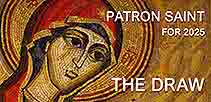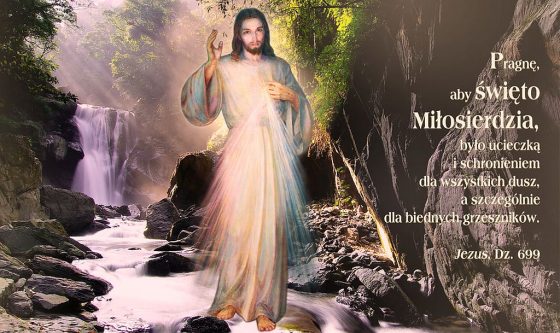On the octave of the Resurrection, the greatest feast of the Catholic Church, ends on the Feast of Divine Mercy, widely called the Mercy Sunday. Jesus demanded the establishment of the feast when He revealed Himself to St. Faustina, repeatedly expressing His desire that the first Sunday after Easter be the Feast of Mercy: He said: I desire that the Feast of Mercy be a refuge and shelter for all souls, and especially for poor sinners. On that day the very depths of My tender mercy are open. I pour out a whole ocean of graces upon those souls who approach the fount of My mercy. The soul that will go to Confession and receive Holy Communion shall obtain complete forgiveness of sins and punishment. On that day all the divine floodgates through which grace flow are opened. Let no soul fear to draw near to Me, even though its sins be as scarlet. (Diary, 699). On this day, we can receive the grace of washing of regeneration (one of the graces of baptism), but also obtain many other graces and earthly blessings, if they are in accordance with the will of God. The condition is a pure heart without attachment to sin and the attitude of trust in God, which is the desire to do His will and active love of one’s neighbors. The only vessel for drawing the graces is trust, as Jesus taught St. Faustina, because God’s Mercy has no limits and the joy of God is to give much – very much. Such is the Merciful Love we can get to know better and venerate as we celebrate the holiday. Click here to learn more about the Feast and its history in the Church.
















